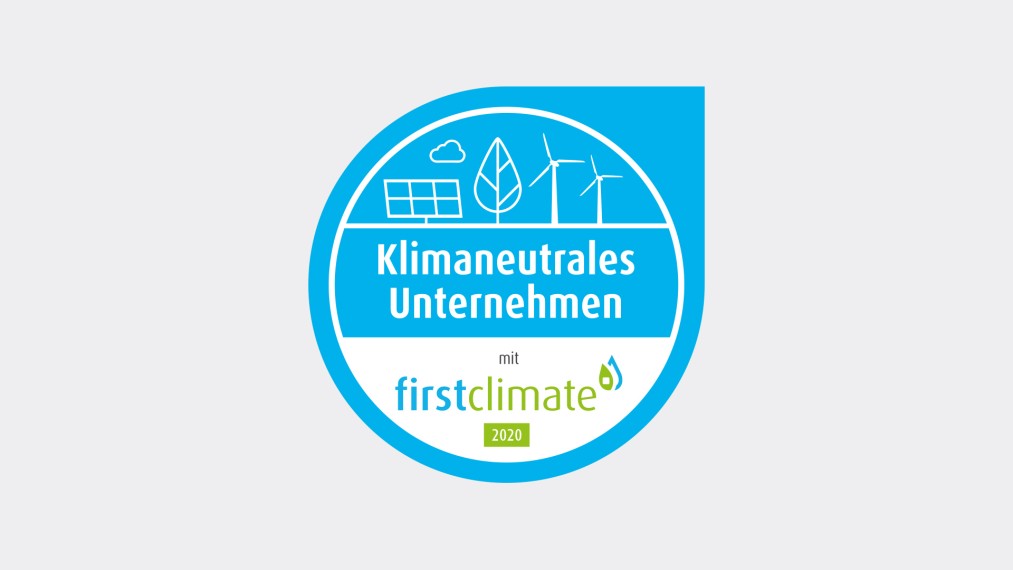Fully carbon neutral in Germany
The impact of climate change throughout the world is clear to see. Insurance claims resulting from natural disasters such as floods, storms, drought and wildfires are becoming more and more difficult to calculate. As an international group, we aim – in addition to our expertise in assessing risks from natural disasters – to minimise our emissions and hence to help prevent recurring extreme natural hazards.

We are guided by three basic principles in relation to emissions
The impact of climate change throughout the world is clear to see. Insurance claims resulting from natural disasters such as floods, storms, drought and wildfires are becoming more and more difficult to calculate. As an international group, we aim – in addition to our expertise in assessing risks from natural disasters – to minimise our emissions and hence to help prevent recurring extreme natural hazards.
Building on this, we are guided by three basic principles in relation to emissions: avoid, reduce and offset. Nevertheless, some emissions cannot be avoided for certain reasons or can only be cut to a limited extent. This applies in particular to Scope 3 emissions as defined by the Greenhouse Gas Protocol. These indirect emissions originate at other points in the value chain. Typical examples are emissions generated during business travel or from purchasing or disposing of operating materials. If a thorough, independent examination reveals that emissions cannot be completely avoided or reduced, they can be offset using compensation projects. In this way we determined our corporate carbon footprint. This is where the compensation projects that we support come in: a reforestation project in Uganda (Sustainable Land Use/The International Small Group and Tree Planting Program (TIST)) and a sustainable forestry project in Brazil (REDD+ Jari Para Project).
Taken together, these projects allow us to offset a total of 31,000 t CO2 equivalent and to achieve carbon neutrality at all our locations in Germany. Both schemes meet the highest quality standards and have been certified as complying with the Verified Carbon Standard (VCS) and the Climate, Community and Biodiversity Standards (CCB Standards). We are supported in this area by FirstClimate, a leading supplier of innovative solutions for climate protection and sustainable energy supplies.
In addition, we joined the German Allianz für Klima und Entwicklung (Alliance for Development and Climate) at the beginning of the year to actively support the 2-degree target set out in the Paris Agreement on Climate Change. This alliance was established by Germany’s Federal Ministry for Economic Cooperation and Development and supports the United Nations’ 2030 Agenda for Sustainable Development and the 17 goals that this defines. The alliance's goals include political recognition for offsetting emissions above and beyond the Paris requirements and a growing market for voluntary emissions trading. The strategic multi-stakeholder initiative also aims to implement its own projects in developing countries and threshold economies such as Honduras, India and Nigeria. By signing up to the initiative, Talanx has committed to observing these voluntary quality standards as well.